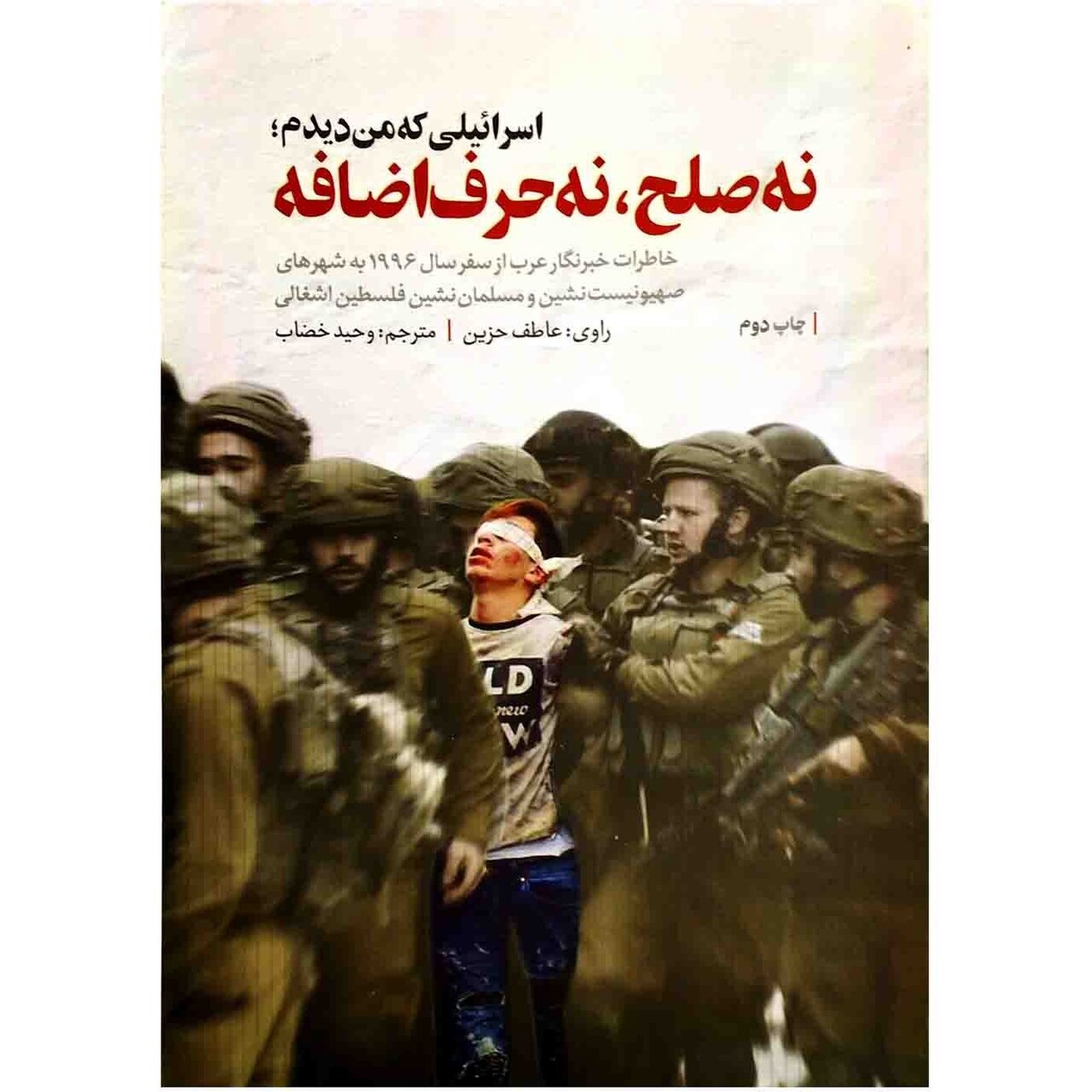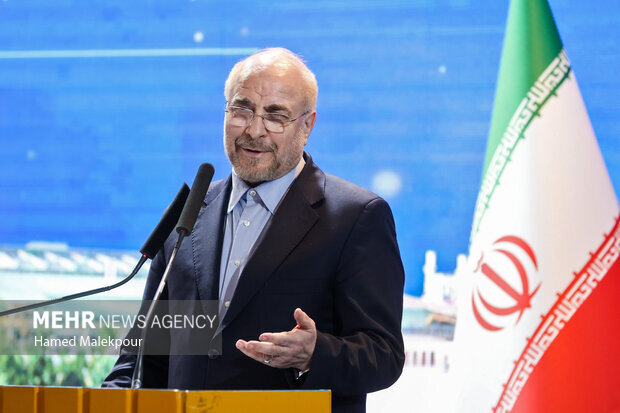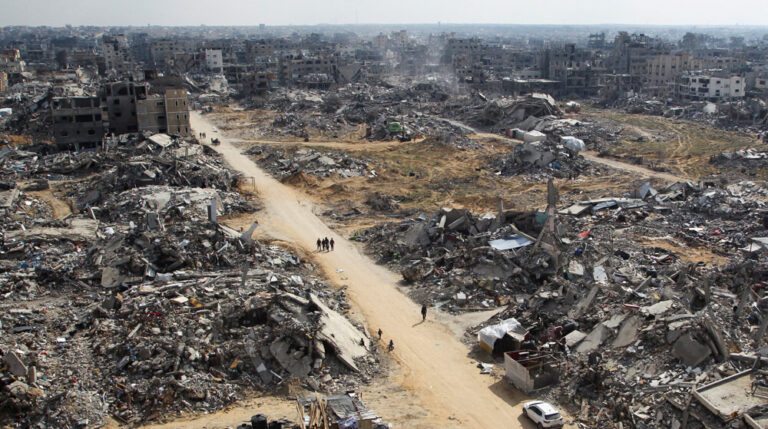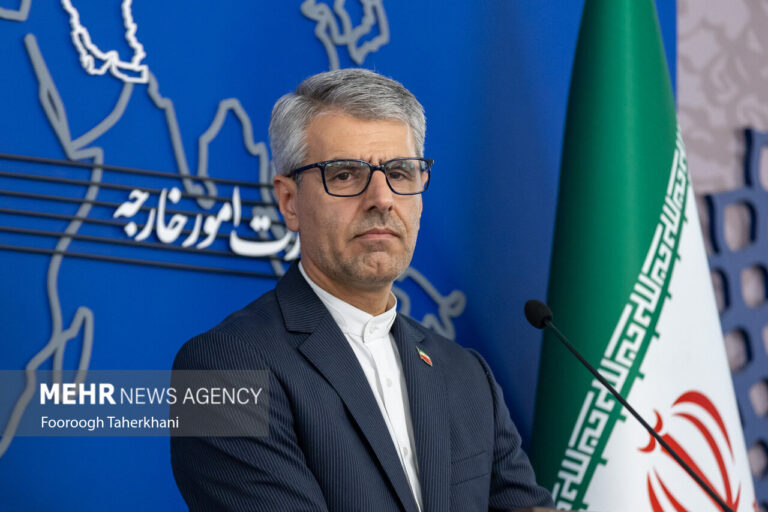Discover the Untold Stories of Israel: A Travelogue Journey Through Conflict in ‘Israel That I Saw; No Peace, No Words’
Atef Hazin, a renowned Egyptian media figure, writer, and journalist, embarked on a significant journey to occupied Palestine in 1996, which he documented in his compelling book titled “Israel That I Saw; No Peace, No Words.” This insightful work provides readers with a unique perspective on the complexities of the Israeli-Palestinian conflict, aiming to shed light on the realities of life in the region.
Published by Shahid Kazemi Publishing House and translated by Vahid Khazab, the 192-page book combines Hazin’s firsthand experiences with interviews conducted with both Israeli and Palestinian figures, along with ordinary citizens from cities such as Tel Aviv and Gaza.
Hazin’s objective is to broaden the understanding of the “Zionist regime” by delving into Zionist self-perceptions, which he believes is essential for anyone engaged in discussions regarding the conflict. His approach goes beyond standard journalism, offering a deeply personal exploration of the land and its inhabitants.
Key Themes Explored in Hazin’s Book
In “Israel That I Saw; No Peace, No Words,” Hazin intricately weaves together various themes that are critical to understanding the ongoing conflict:
- Conflict Analysis: The book provides an in-depth examination of the Israeli-Palestinian conflict, detailing the challenges faced by Palestinians.
- Personal Encounters: Hazin shares his personal stories and experiences, which enrich the narrative and offer readers a relatable perspective.
- Historical Context: The book blends historical insights with contemporary observations, allowing for a comprehensive understanding of the region’s complexities.
- Humanizing the Struggle: Hazin focuses not only on political rhetoric but also on the emotional and psychological struggles of the people living in the occupied territories.
This work serves as a vital resource for readers seeking to comprehend the intricacies of the Israeli-Palestinian conflict, moving beyond the narratives often presented by Western media. It presents a contrasting viewpoint that is rooted in direct observation and personal experience.
The Role of Shahid Kazemi Publishing House
Shahid Kazemi Publishing House, known for its focus on works related to the Islamic Revolution and resistance literature, plays a significant role in disseminating Hazin’s perspective. By publishing this book, they aim to provide an alternative narrative that counters mainstream media portrayals.
Translation and Accessibility
The translation by Vahid Khazab makes Hazin’s observations accessible to a broader Persian-speaking audience, enhancing the discourse surrounding the Israeli-Palestinian conflict. This accessibility is crucial for fostering a deeper understanding of the issues at hand.
Travel Literature and Understanding the Enemy
Written in the genre of travel literature, Hazin’s book emphasizes the necessity of understanding one’s adversary. He articulates that grasping the self-perceptions of the enemy is paramount for anyone engaged in the struggle. This theme resonates deeply with the ongoing discourse on conflict resolution and peacebuilding.
As Hazin explores the lives of politicians and everyday citizens, readers gain insight into the complex dynamics that characterize the occupied territories. His narrative encourages readers to move beyond superficial analyses and engage with the realities faced by those on both sides of the conflict.
Significance of Knowing the Enemy
The concept of understanding the enemy is echoed in the statements of influential leaders. On February 18, 2024, Ayatollah Seyyed Ali Khamenei, Leader of the Islamic Revolution, emphasized the importance of knowing the enemy and their capabilities without succumbing to fear. He stated, “If you fear them, you have been defeated.” This sentiment underscores the significance of Hazin’s work, as it encourages readers to confront the complexities of the conflict with courage and awareness.
In conclusion, “Israel That I Saw; No Peace, No Words” by Atef Hazin is not just a book; it is a crucial tool for understanding the multifaceted nature of the Israeli-Palestinian conflict. Through his personal experiences and observations, Hazin invites readers to explore the realities of life in occupied Palestine, fostering a deeper connection to the ongoing struggles and aspirations of its people.
Reported by Tohid Mahmoudpour.






